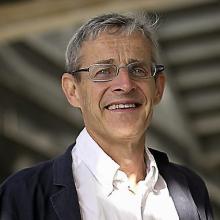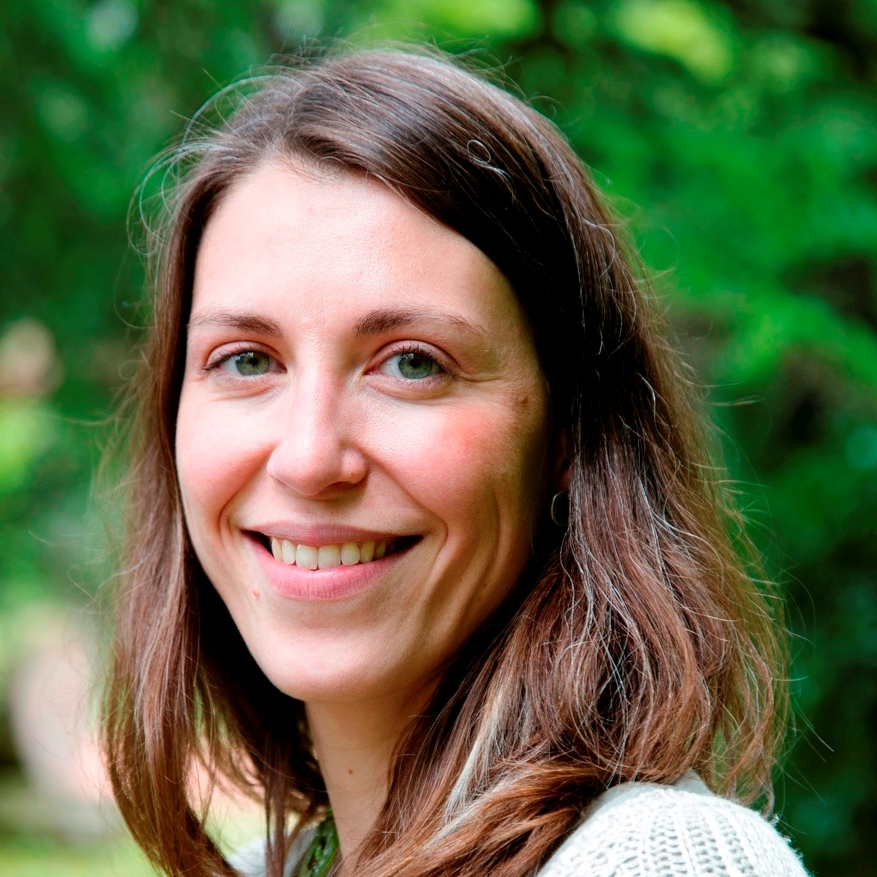Urban Planning, Environment and Health
The connection between the health of the population and the environment must be the foundation for the urban planning.

We aim to apply rigorous scientific evidence, tools and indicators to promote sustainable and healthy urban development.
Collaboration amongst planning, transport, environment and health sectors is urgently required to address the challenges posed by urbanisation, putting health and well being at the centre of urban development and tackling problems such as high air pollution and noise, heat island effects, lack of green space and sedentary behaviour.
In response, ISGlobal has created the Urban Planning, Environment and Health Initiative, that aims to apply rigorous scientific evidence, tools and indicators to promote sustainable and healthy urban development. The initiative brings together experts, practitioners and decision-makers across sectors to optimise urban environments for health. Through research, advocacy, policy and capacity building the initiative engages with key stakeholders and the public for transformative action and impact in society.

As the environments we inhabit affect our health, urban and transport designs that promote healthy living are needed
Mark Nieuwenhuijsen, Director of the Urban Planning, Environment and Health Inititative
By 2050 nearly 70% of the world´s population will live in urban areas, representing the largest urban growth in human history. Cities offer opportunity, and are drivers of innovation and wealth creation. At the same time, they are society´s main sources of resource consumption, pollution, crime and disease. For many, growing inequalities limit the benefits of urban life and exacerbate negative impacts.
Health is an indicator of and a prerequisite to sustainable development. Natural disasters, epidemics and climate change highlight the intertwined existence of humans and their environment, nowhere more so than in cities. There is growing awareness of the need for resilient urban environments that can protect and promote both population and planetary health.
Key facts
The researchers estimated that annually almost 20% of natural all-cause mortality could be postponed each year if international recommendations for performance of physical activity, exposure to air pollution, noise, heat, and access to green space were complied with. Estimations showed that the biggest share in preventable premature deaths was attributable to increases in physical activity, followed by exposure reductions in air pollution, traffic noise and heat.
Many cities across the world are beginning to shift their mobility solution away from the private cars and towards more environmentally friendly and citizen-focused means. The likely effects of such policies are significant reductions in traffic related air pollution, noise, and temperature in city centers. For example, up to a 40% reduction in NO2 levels has been reported on car free days. These reductions are likely to lead to a reduction in premature mortality and morbidity.

Our Team
Inititative Director
-
 Mark J Nieuwenhuijsen Research Professor, Director of the Urban Planning, Environment and Health Initiative, and Head of the Climate, Air Pollution, Nature and Urban Health Programme
Mark J Nieuwenhuijsen Research Professor, Director of the Urban Planning, Environment and Health Initiative, and Head of the Climate, Air Pollution, Nature and Urban Health Programme
Initiative Coordinator
-
Carolyn Daher
Our team
-
 Jordi Sunyer Research Professor
Jordi Sunyer Research Professor -
Payam Dadvand
-
 Cathryn Tonne Research Professor
Cathryn Tonne Research Professor -
 Jill Litt Senior Researcher
Jill Litt Senior Researcher -
 Xavier Basagaña Research Professor
Xavier Basagaña Research Professor -
 Mònica Guxens ICREA Research Professor
Mònica Guxens ICREA Research Professor























